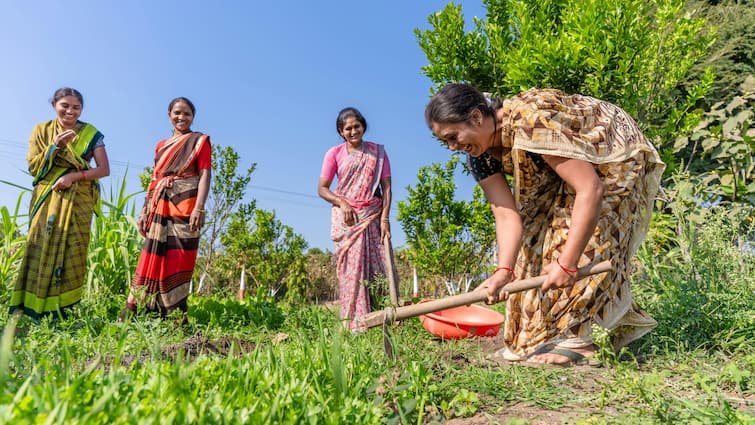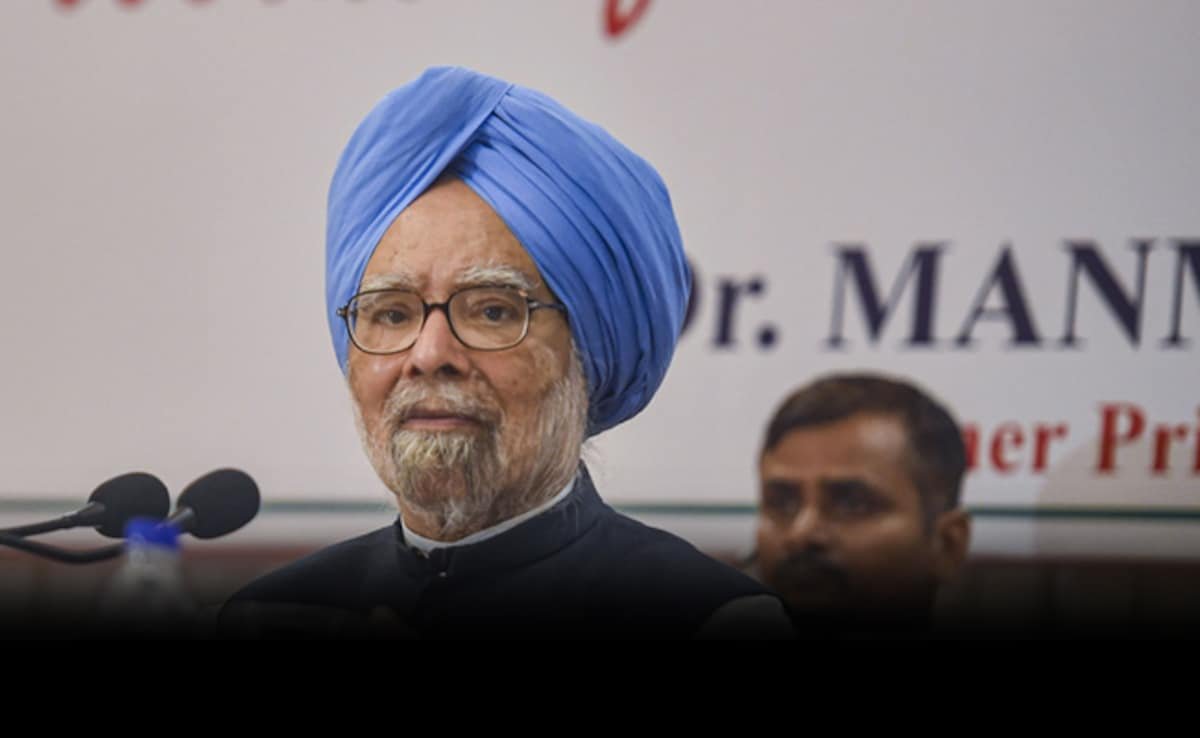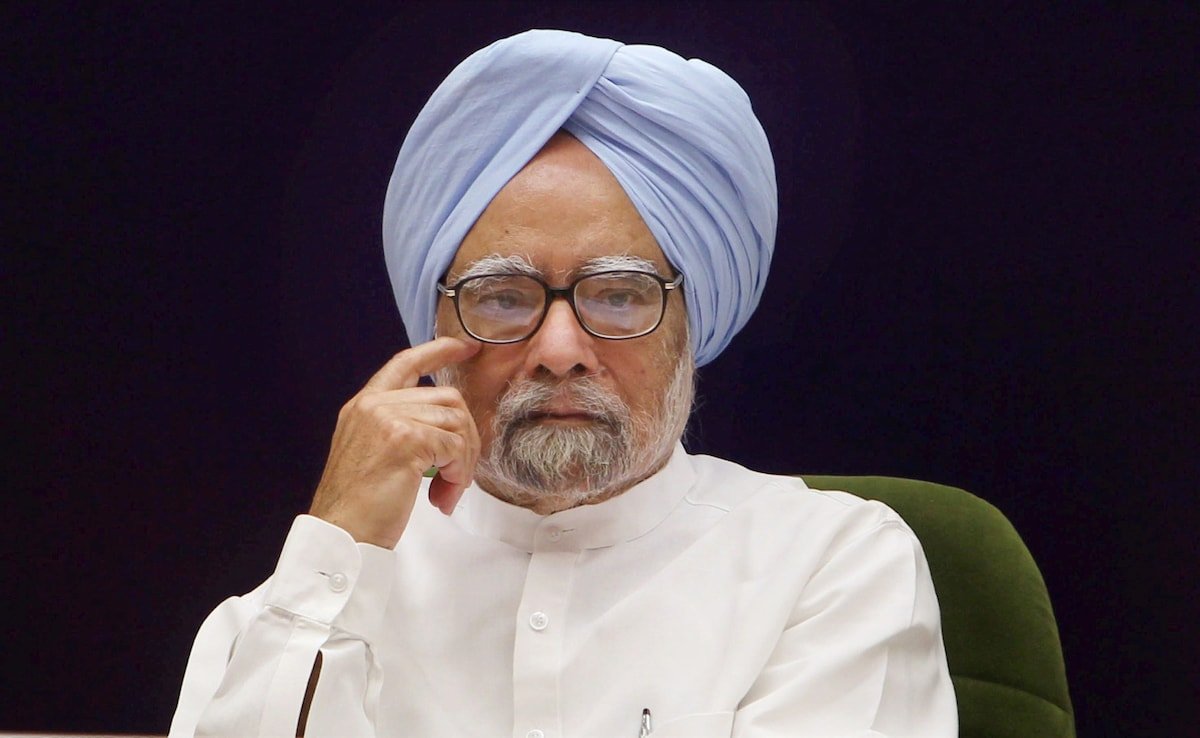
Former Delhi Chief Minister Arvind Kejriwal announced on December 12 that a new welfare program, the Mahila Samman Yojana, will provide Rs 1000 per month to every woman above the age of 18 in the national capital.
This initiative is designed to offer financial assistance, particularly to women from economically disadvantaged backgrounds. Initially, beneficiaries will receive Rs 1000 monthly, with the amount set to rise to Rs 2100 per month if the Aam Aadmi Party (AAP) is re-elected in the upcoming elections.
The 70-seat Delhi Assembly elections are expected to be held in February 2025, although the Election Commission has not yet confirmed the official dates.
The current Delhi Assembly’s term is set to end on February 23, 2025. This announcement comes as the ruling Aam Aadmi Party (AAP) aims to secure a third consecutive term in office.
Previously, the AAP government had unveiled the Mukhyamantri Mahila Samman Yojana in the 2024-25 budget, with a Rs 2,000 crore allocation. However, its implementation has faced delays due to budgetary constraints and other bureaucratic challenges. Kejriwal reaffirmed his commitment to launching the scheme sooner, stating that he plans to increase the monthly amount if re-elected.
Eligibility
The scheme is designed for women aged between 18 and 60, but there are certain eligibility restrictions. Women who are employed in government jobs, pensioners, or those who file income tax returns (ITR) will be excluded from the program.
Additionally, women who own businesses or are not residents of Delhi will not be eligible. Applicants must provide proof of residence in Delhi, such as an Aadhaar card or voter ID. Kejriwal highlighted that the scheme is designed to enhance the quality of life for women in Delhi, especially those from economically disadvantaged backgrounds.
Through this initiative, AAP emphasises its commitment to women’s welfare and positions the scheme as a central element of its election strategy, reflecting the party’s dedication to addressing the economic challenges faced by women in the capital.






